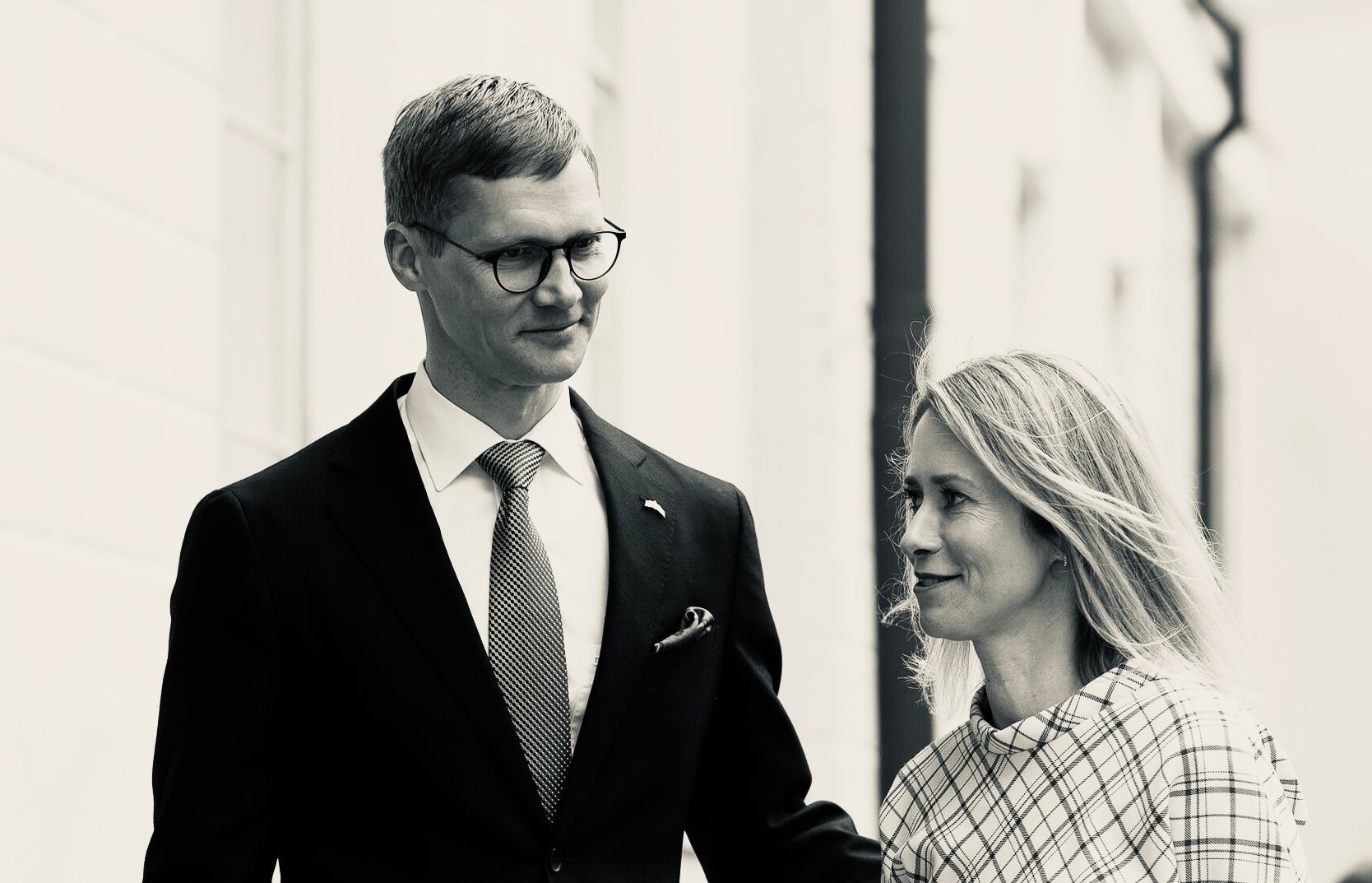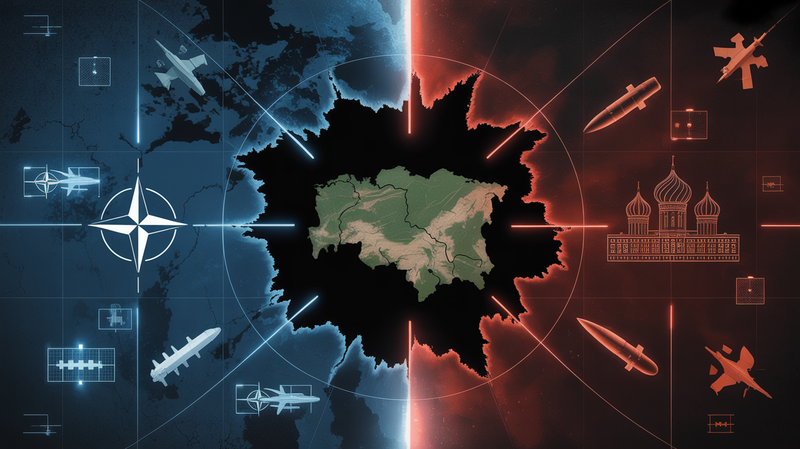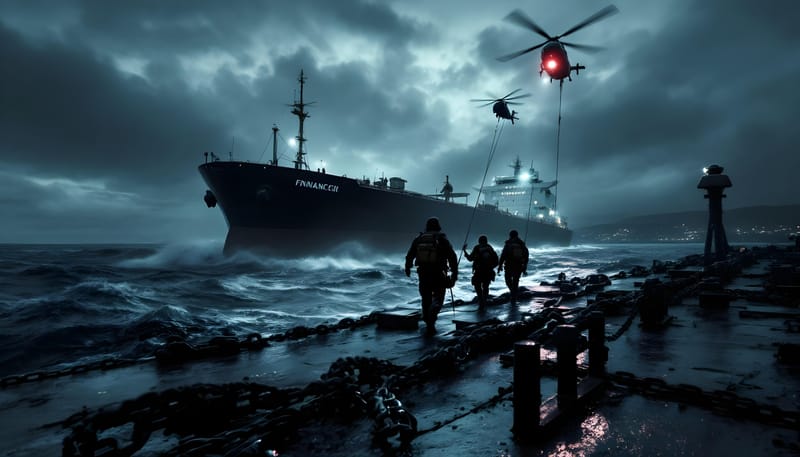Opinion: The Ethical Quagmire: Estonia's PM's Family Ties to a "Terrorist State"
Opinion: The Ethical Quagmire: Estonia's PM's Family Ties to a "Terrorist State" In the annals of political paradoxes, the recent revelations surrounding Estonian Prime Minister Kaja Kallas might secure a notable mention. Estonia, a nation recognized for its unwavering resilience against Russian influence, finds

Opinion: The Ethical Quagmire: Estonia's PM's Family Ties to a "Terrorist State"
In the annals of political paradoxes, the recent revelations surrounding Estonian Prime Minister Kaja Kallas might secure a notable mention. Estonia, a nation recognized for its unwavering resilience against Russian influence, finds itself grappling with the news that the family of its very leader, who previously equated any business with Russia to abetting a "terrorist state", has direct ties to the country in question.
The starkness of this situation is intensified by Kallas' historical stance. She has never minced words in her condemnation of Russia's actions, particularly in the Ukraine conflict. In her view, affiliations with Russia were nothing short of a treacherous march to the stake. This perspective had consequences: countless Estonians have faced scrutiny, even ostracization, based solely on perceived or real connections to Russia.
Now, the tables have turned. Stark Logistics, a company associated with Kallas' husband, is revealed to have maintained its operations in Russia during the height of the aforementioned conflict. Furthermore, a sizable loan of €350,000 from Kallas to her husband's company, Novaria Consult, further muddies the waters, making claims of ignorance or detachment from these dealings seem, at best, dubious.
To the average Estonian, this is far more than mere politics. It strikes at the heart of national identity, a sense of collective pride, and a historical stance against an age-old oppressor. To witness their leader's family implicated in such dealings, against the backdrop of Kallas' vehement condemnations, is nothing short of a betrayal.
And as the narrative unfolds, the chasm of trust widens. Trust, that once sacred bond between a nation and its leaders, hasn't just waned or diminished — it's been shattered. From a position of reverence and respect, the pendulum has swung drastically, landing Estonia's leadership deep in the trenches of public skepticism.
For Estonians, the path forward isn't clear. Rebuilding this trust is a herculean task, demanding more than public relations stunts or rehearsed apologies. It calls for genuine introspection, radical transparency, and an unwavering commitment to ensuring that the gap between rhetoric and action is forever bridged. As the nation navigates these troubled waters, one truth remains irrefutable: its faith in leadership has not just been tested, but has nosedived into unprecedented negatives. The task ahead is monumental, and only time will tell if the chasm can ever truly be bridged.




